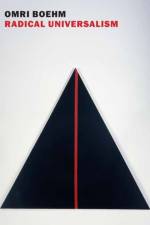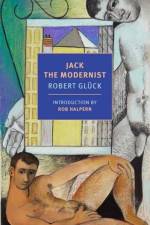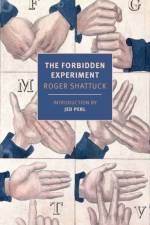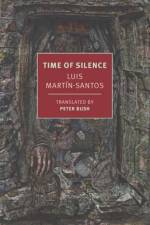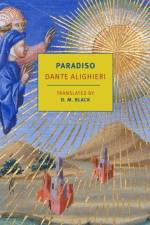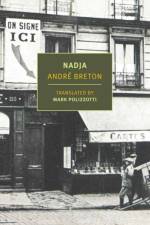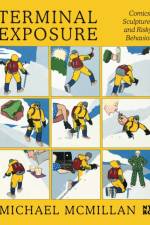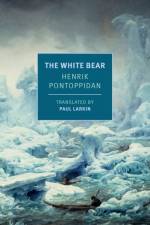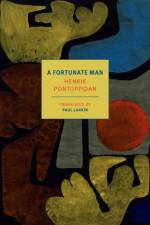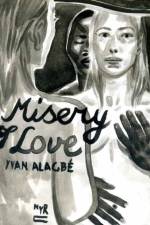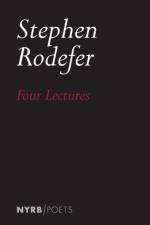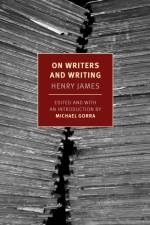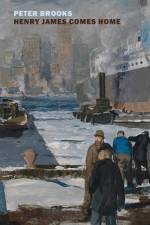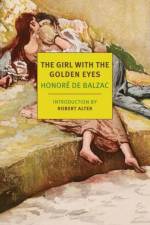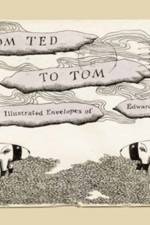av Michael McMillan
459
The first-ever collection of comics and assorted artwork by Michael McMillan—not only a legendary underground cartoonist, but also a sculptor, painter, printmaker, filmmaker, animator, poster designer, and an avid rock climber.Michael McMillan has said he’s “not really a cartoonist,” but the evidence suggests otherwise. Born and raised in California, he studied architecture and design before a visit in 1969 to an exhibition of Chicago’s Hairy Who and encounters with the bourgeoning San Francisco underground comix scene convinced McMillan to make his own comics.He plunged in, drawing for legendary publications like Weirdo, Young Lust, Lemme Out Here, Arcade, and eventually his own one-issue wonder, Terminal. Over the following decades, McMillian kept playing with the form of comics. He reimagined the kind of stories single-panel, two-panel, and many-panel strips could tell, blending favorite genres from his childhood (horror, swords and sandals, science fiction) with more mature themes (autobiography, dating, sex) into new and striking forms.In Terminal Exposure, McMillan’s comics are collected for the first time, alongside a selection of his electrifying sculptures, eye-popping paintings, and stunning pages from the journals he kept during his years rock climbing in California’s Sierra Nevada. With an introduction by Dan Nadel, this volume offers a first-time portrait of the great “not really a cartoonist” cartoonist.


